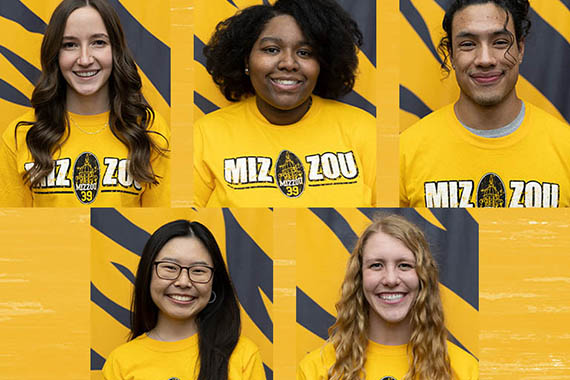
Five Engineers receive Mizzou ’39 award
Five Mizzou Engineering students were selected for the Mizzou 39 Award, a prestigious honor that recognizes outstanding academic achievement, leadership and service to the University of Missouri.
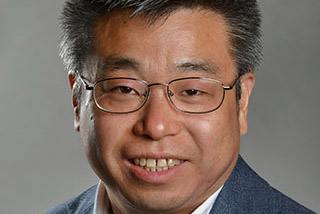
Engineer uses advanced deep learning to predict where proteins will localize within cells
A Mizzou Engineer is developing computational tools that can be used to predict where proteins will localize within a cell. Using highly advanced deep learning, the resource could help researchers better understand how proteins function or, if positioned incorrectly within a cell, misfire and cause problems.
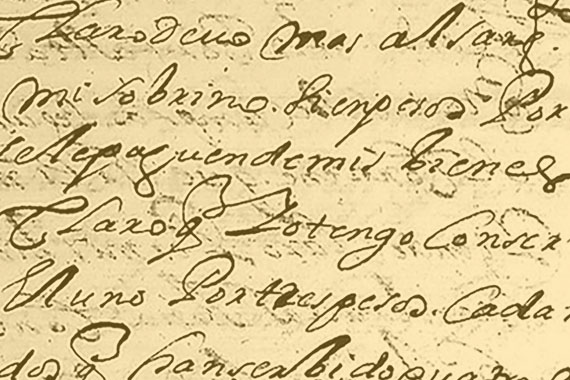
Researchers use machine learning to decipher 17th Century handwriting
University of Missouri researchers are closer to deciphering historical scripts that could shed light on life and business in 17th Century Latin America.
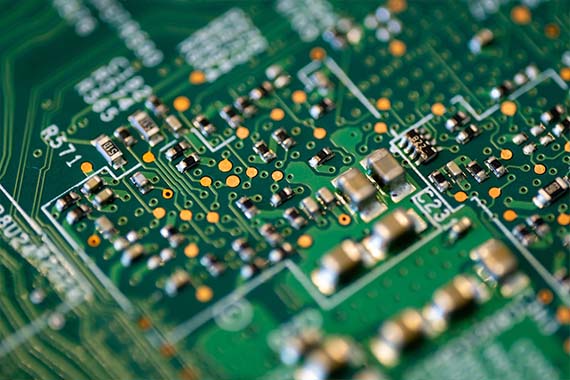
EECS Fall 2021 Capstone Projects
Seniors in the Department of Electrical Engineering and Computer Science at Mizzou conclude their coursework with a semester-long capstone project.
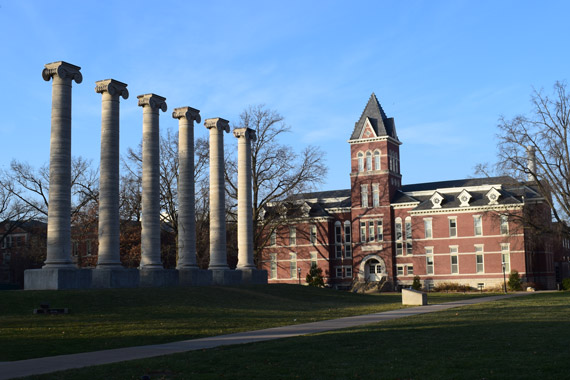
Getting to Know Mizzou Engineering
From lectures and labs to clubs and study abroad programs, Introduction to Engineering (ENGINR 1000) helps new students learn about everything Mizzou Engineering has to offer. The primary goal of this class, which is offered each fall, is designed for those interested in pursuing an engineering degree but not sure which field to pursue. Freshman…

EECS Industrial Advisory Board holds virtual meeting
The Electrical Engineering and Computer Science Industrial Advisory Board received an update on the department in a virtual meeting, held on Dec. 7.
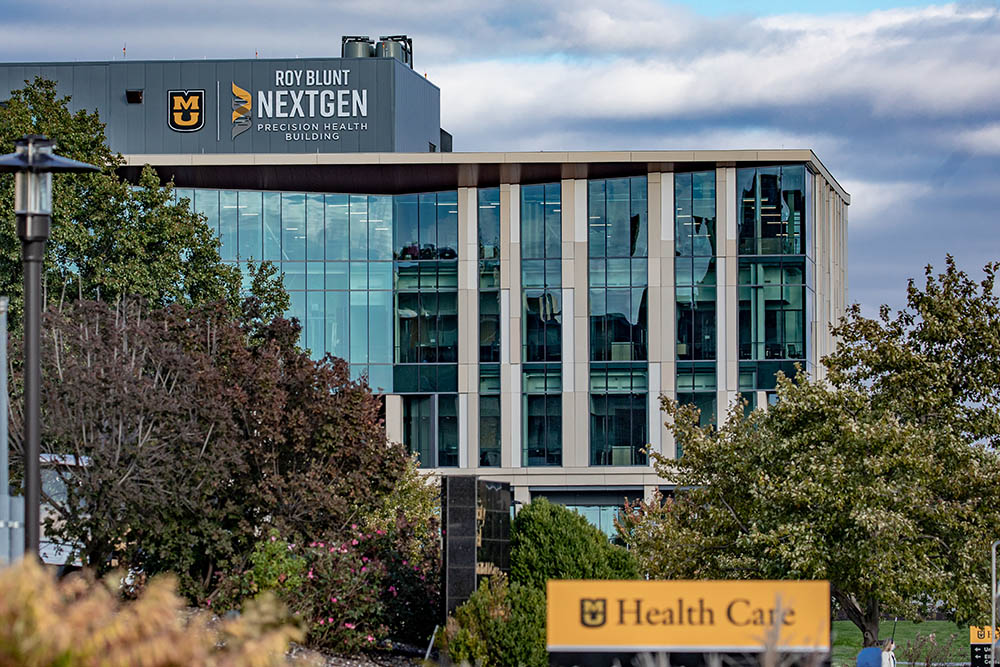
Mizzou Engineers to help NextGen Precision Health professionals process, analyze, protect big data
Mizzou Engineers will help NextGen Precision Health professionals analyze the large volumes of information coming from sophisticated MRI and other imaging equipment, as well as determining how best to store that information securely.

Mizzou Engineers earn S.T.A.R. awards
Four Mizzou Engineering students received S.T.A.R. awards recognizing their successful completion of the Student Training for Advancing Research program.
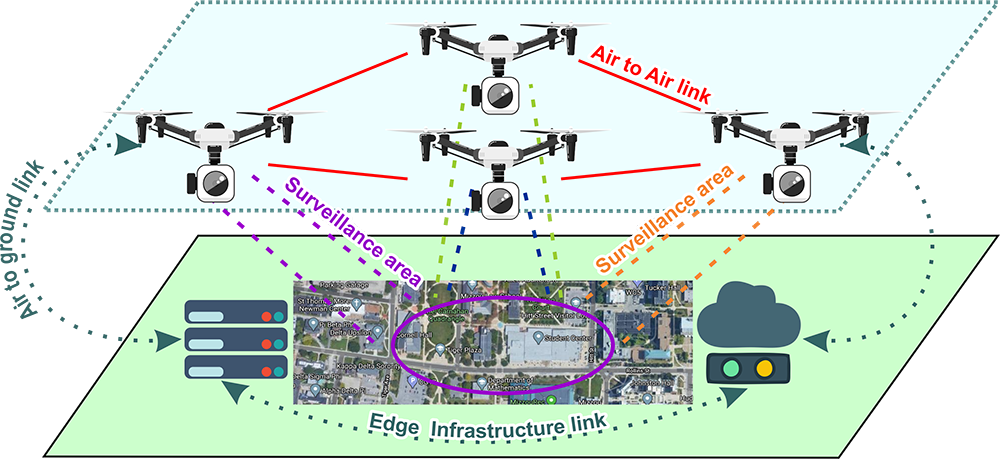
Team uses machine learning to train multiple drones to collaborate within a network
The team used machine learning to train drones to work together within a network to survey an area, track objects and transmit information back to a ground station.
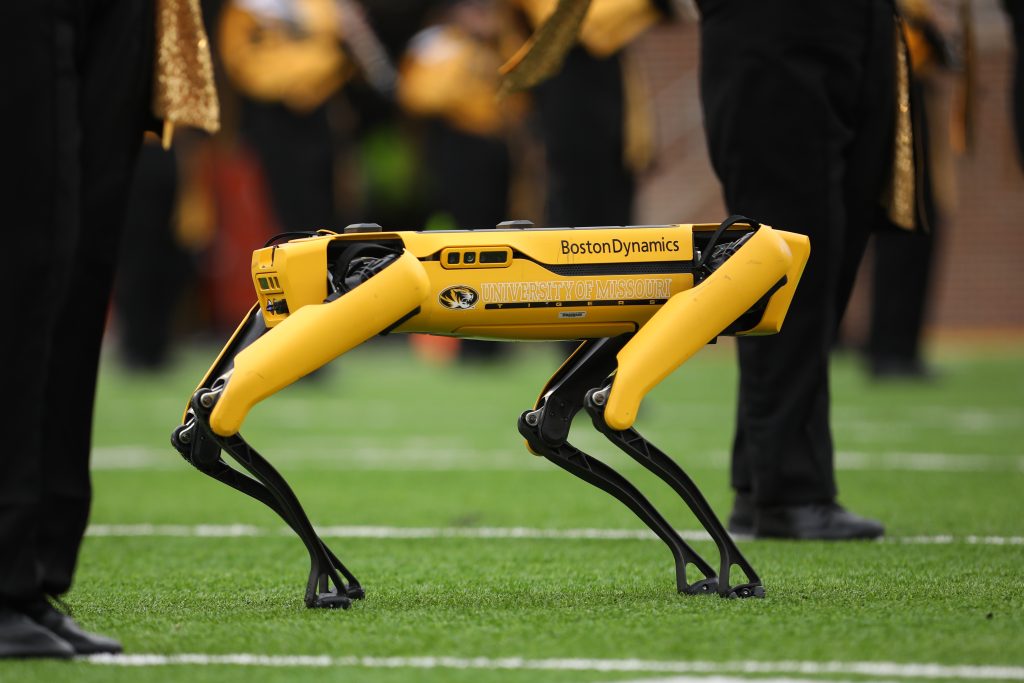
Robots, plastics and cows: Top 10 research stories of 2021
The top 10 stories of 2021 included robots, plastics and cows.